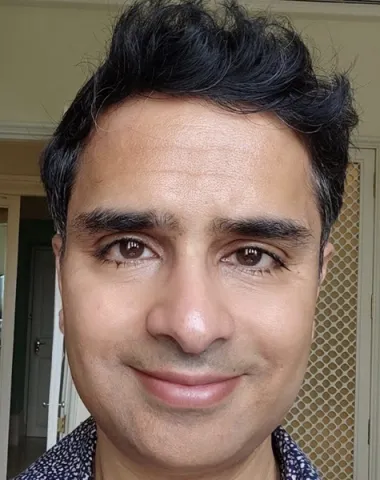Project overview
WSI Pilot ProjectThe blood donor system in Ghana is overseen by the National
Blood Service (NBS) (https://nbs.gov.gh/). The NBS operationally has donor
recruitment officers and volunteers in the field, nurses in blood collection centres
and laboratory staff collecting blood safely from voluntary donors. The nearest
blood bank to Hohoe is Accra (capital city), which is a 4-5 hour drive often on
poor quality roads. Blood request is made to the blood banks and any supply is
dependent upon availability of that blood type. Within Hohoe major challenges include unwillingness of
community members to donate blood, lack of incentives for donors, lack of
donation equipment and lack of funding for blood donation promotion. This leads
to regular blood shortages in the blood bank. In the cases where the blood bank
does not have the requested blood (often the case), the burden falls on the
patient or families to identify a suitable donor. The nearest tertiary
hospitals periodically organize blood donation exercise to restock the Hohoe
municipal hospital blood bank. The Ghana Ministry of Health is developing
revised research strategies for 2023 publication. Revised priorities will
include disruptive digital innovation. Ghana, like many other countries in
sub-Saharan Africa will need support to meet Universal Health Coverage (UHC)2
and Sustainable Development Goal targets.3 Ghana can leverage on digital health
innovations as a catalyst to deliver UHC targets and broader social and
economic development goals. The aim for
this app would be to develop a system that runs along the routine donation programme.
It would not be used to inform clinical practice (for example, respondents will
have blood type tested on arrival at the hospital).


